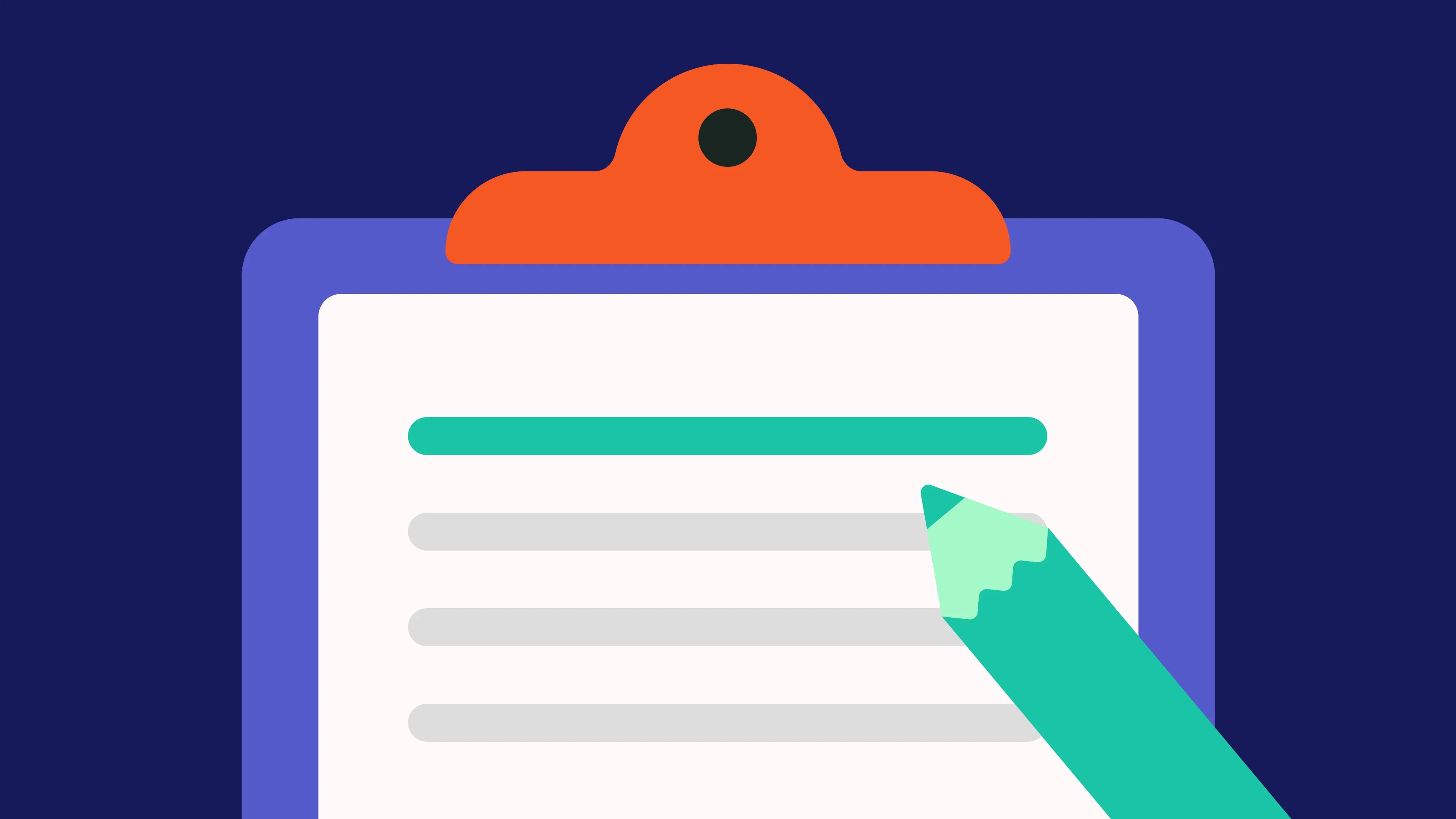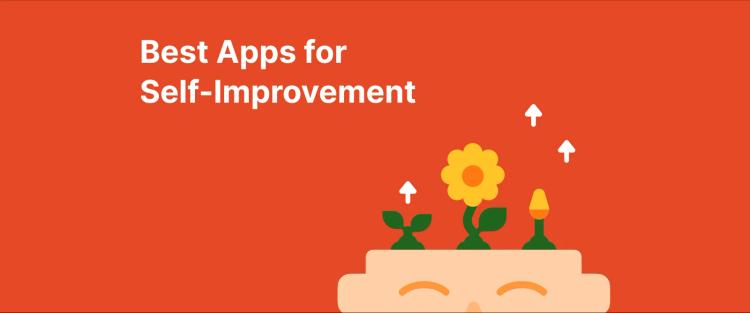Ever walked into a room and forgotten why you were there? You’re not alone. Studies show the average person forgets three things a day, and over half of adults report frequent memory slips. In today’s fast-paced, distraction-filled world, short-term memory can feel frustratingly unreliable—but it doesn’t have to stay that way.
In our guide below, we will discuss practical strategies to boost your short-term memory and enhance your cognitive abilities for everyday life. Inspired by insights from ‘Unlimited Memory’ by Kevin Horsley, ‘Moonwalking with Einstein’ by Joshua Foer, and ‘Stolen Focus’ by Johann Hari, you’ll discover ways to improve your brain health, implement practical memory exercises, and optimize your daily routine for better retention.
In this article, you will read:
What short-term memory is and how it works
Daily habits to improve memory retention
Effective memory exercises like chunking and mnemonics
Brain-boosting foods and vitamins for memory
Factors that affect short-term memory (and how to fix them)
FAQs about memory loss, brain health, and focus
Tips to make your short-term memory stronger

Let’s look at some specific memory exercises to help improve short-term memory. Some good strategies are chunking, visualization, and mnemonic techniques. Using these can make it easier for you to remember information more effectively.
1. Chunking and grouping information
Chunking is a useful way to break down pieces of information into smaller, easier parts. You can use this technique to split up things like phone numbers, addresses, or lists into simple chunks.
For example, instead of trying to remember a long string of numbers all at once, you can break it into groups, like area codes or sets of three digits. This makes it easier and faster to remember. Chunking takes some pressure off your short-term memory and helps you recall things more easily later.
2. Visualization and association
To get better at short-term memory and make things easier to remember, try using visualization and association. This means creating a picture in your mind and linking it to something familiar. For example, if you're trying to remember someone’s name, imagine a scene or object that reminds you of that name. Using more of your senses—like sight, sound, or even smell—can make these associations even stronger.
“The first step is to find your interests and then to find links or connections between your interests and the new information that you are learning.” ― Kevin Horsley, Unlimited Memory
Some people also use the memory palace technique. This is where you picture a place in your mind, like your house, and place pieces of information in different rooms. When you want to remember something, you imagine walking through that space and finding each item. If you keep practicing this method, your memory can improve a lot over time.
3. Mnemonic devices
Mnemonics are smart ways to enhance memory and help you remember information. They work by making associations using things like rhymes, acronyms, songs, or poems. These tricks give your brain an easier way to store and recall facts in your short-term memory.
For example, the phrase “My Very Educated Mother Just Served Us Nachos” helps you remember the order of the planets, because each word starts with the same letter as a planet. When you create your own mnemonic devices that match how you learn best, it becomes easier to remember things and make them stick in your mind.
4. Brain training for memory improvement

Brain training activities such as crosswords, word-recall games, Sudoku, Tetris, computer games, and mobile apps are excellent ways to improve short-term memory and build better problem-solving skills. These activities challenge your brain and help enhance recall, which can also support long-term memory and lower the risk of cognitive decline.
Regular memory training may even reduce the chance of developing dementia and improve other cognitive abilities. By doing these brain exercises often, you can hone your memory skills and keep your mental health strong at the same time.
How to keep your brain healthy to help your memory

To strengthen short-term memory, we need to work on enhancing overall brain health. The best ways to do this are through a good diet and nutrition, regular exercise, and getting enough sleep. It might sound simple, but these things are very important for keeping your brain working well.
So, how do these habits help your memory? In the next sections, we’ll look at how each one affects your mind and how you can make them part of your daily routine to keep your brain sharp and healthy.
1. Diet and nutrition
Eating a healthy diet rich in omega-3 fatty acids, antioxidants, and vitamins is essential for improving memory. For this reason, it is recommended to eat these foods:
Salmon and other fatty fish
Soybeans and walnuts
Fresh fruits and vegetables
Lean proteins
Whole grains
Eating healthy can help your memory work better. One good example is the MIND diet, which mixes parts of the Mediterranean diet and the DASH diet. This way of eating is good for your brain.
You can also help your brain by eating less sugar and enjoying a little bit of dark chocolate that has 70% cocoa or more. Dark chocolate has something called flavonoid antioxidants from cocoa beans, which are good for your cognitive abilities—that means how well you think, learn, and remember.
2. Exercise and physical activity
Doing regular physical exercise is great for your body and also helps with cognitive functioning and memory for people of all ages. Studies show that just 30 minutes of running each day for 10 days can improve your short-term memory capacity. This happens because exercise helps your brain by creating new brain cells and increasing neurotransmitter production, which helps your brain work better.
Even short, moderately intense exercises can boost your thinking and mental performance, including memory, no matter how old you are. So, whether you like taking brisk walks or joining a gym class, staying active through physical activities can really help your memory capabilities.
3. Sleep and relaxation
Getting enough sleep is very important for memory consolidation, which helps turn short-term memories into long-lasting ones. Try to get about seven to nine hours of good, quality sleep each night to boost your cognitive abilities. If you have problems like sleep apnea, it can get in the way of this process, so it’s a good idea to check for any sleep disorders and treat them early.
Besides getting enough sleep, doing relaxation practices like meditation can also help your brain work better. If you do them regularly, they can improve your short-term recall capacity. Using these strategies makes it easier for your brain to keep and remember important information over time.
What short-term memory is and why it matters

Short-term memory, also known as working memory, plays a massive role in our daily lives. It allows us to recall information briefly, supporting tasks like remembering a phone number long enough to dial it. The efficacy of this cognitive function is intrinsically linked to the brain's overall health and relies on healthy blood flow to crucial neural regions.
“Memory is like a spiderweb that catches new information. The more it catches, the bigger it grows. And the bigger it grows, the more it catches.” ― Joshua Foer, Moonwalking with Einstein.
As we age, our ability to perform executive function tasks involving attention may deteriorate. This shift can sometimes result from changes in the chemistry and wiring of neurons associated with conditions like Alzheimer's disease.
Fortunately, there are ways to reinforce our short-term recall power. Let's dig deeper and investigate the factors impacting your ability to remember information over time! There will also be memory enhancement techniques discussed here, so stick around if you want improved mental capacity and retention regarding important details during everyday activities.
What affects short-term memory (and how to fix it)
To maintain good brain health for effective memory recall, we must consider factors such as:
Age: As we grow older, changes in the brain can affect memory function.
Stress: High stress levels can impair cognitive abilities, including short-term memory.
Health conditions: High blood pressure and other medical conditions can impact memory.
Lifestyle choices: Smoking, excessive alcohol consumption, and poor diet can negatively affect memory.
More specifically, these factors can affect the hippocampus, an area of the brain that is key to memory formation. Research has shown that heavy drinking increases the risk of developing Alzheimer's disease and dementia. On the other hand, regular physical activity and proper hydration can improve focus and memory. Some studies suggest that fitness could delay the onset of dementia by around 11 years.
1. Managing stress and mental health
Memory performance is strongly correlated with effective stress management and preserving good mental health. Cognitive abilities, including memory, can be detrimentally affected when tension increases. Mindfulness practices are an excellent way of reducing stress levels and strengthening memory skills.
A study involving 293 psychology students found that those who completed mindfulness training showed enhanced recall functions for objects they had seen before compared to those without such education.
To strengthen your memory capacity as well as optimize your psychological well-being, try dedicating some time each day to mindful habits:
Focus on what's happening around you right now
“So if you spend your time switching a lot, then the evidence suggests you will be slower, you’ll make more mistakes, you’ll be less creative, and you’ll remember less of what you do.” – Stolen Focus by Johann Hari
Pay attention to each inhale and exhale
Participate in meditation or deep breathing sessions regularly
Practice gratitude through positive affirmations
Take periodic pauses throughout the day to mentally rest from cluttering thoughts
Allowing yourself adequate time for these techniques will help enhance memories and support general emotional stability.
2. Reducing risk factors for memory loss

You can take steps to guard your cognitive health and maintain memory function by decreasing risk factors such as obesity and excessive drinking. This process could assist in retaining brain power and preventing memory loss.
To limit the chances of developing mild cognitive impairment and reduce the risk of dementia, consider investing in wise dietary choices, exercising regularly, and moderating alcohol intake.
Through these methods, you can reduce the possibility of forgetfulness while maintaining robust mental functioning overall.
3. The role of social interaction in memory
The advantages of engaging in social activities and forming meaningful relationships can have a big impact on overall brain health, memory, and cognitive function. Research has revealed that engaging in leisurely pursuits may be especially beneficial for maintaining cognitive abilities into old age.
Participating regularly with others can enhance your mental capabilities, boost general well-being, and mitigate the chances of intellectual decline. As well as gaining pleasure from spending time together, social interaction can provide cognitive stimulation that helps maintain and improve memory and overall cognition.
4. Monitoring and adapting memory strategies

Memory enhancement is an ongoing journey. Keeping track of the various techniques you use and making tweaks when needed can be very beneficial in finding what works best for your individual needs.
Feel free to try out different approaches or combine methods to optimize your memory skills. Evaluating certain strategies' success should allow you to continually progress toward better memory performance. Additionally, using to-do lists and regularly reviewing your progress can help you stay on track with your memory improvement goals.
Sharpen your memory in minutes a day with Headway
Want to dive deeper into mastering your memory? We've handpicked some of the most insightful books on memory improvement—from the science of how your brain stores information to simple techniques that actually work. With the Headway app, you can explore key ideas from these expert-recommended books in bite-sized summaries that fit into even the busiest schedule.
Whether you're curious about mnemonic devices, memory palaces, or just want to stop forgetting where you left your keys, Headway makes learning practical and accessible. Download the app to start your journey toward a sharper mind, one fifteen-minute summary at a time.
Frequently Asked Questions
Can you fix short-term memory loss?
Dealing with short-term memory loss requires taking quick action to identify and address the underlying cause. Such causes may be linked to vitamin B12 deficiencies, medications, or a lack of structure in a daily routine.
Treatment should begin as soon as possible to avoid any permanent damage. In addition to specific medical solutions, lifestyle changes along with over-the-counter remedies can also assist in improving memory capacity and recall functions affected by short-term memory problems.
What is the 8-second memory trick?
The 8-second memory trick is a simple way to help you remember things better. It means you should focus on something, like a name, number, or idea, for at least 8 seconds. When you really pay attention for that short amount of time, your brain has a better chance of saving the information so you can remember it later. It’s a quick and easy trick that helps stop your brain from forgetting things too fast.
Is there a vitamin that helps with short-term memory?
Yes, some vitamins can help your brain stay healthy and improve memory, especially if your body doesn’t have enough of them. Vitamin B12 is really important for memory and thinking clearly. If you don’t get enough, it can cause memory problems.
Vitamin D, vitamin E, and omega-3 fatty acids (found in fish oil) may also help your brain work better. But vitamins aren’t magic fixes—eating healthy food and seeing a doctor if you’re having trouble remembering things is the best way to take care of your memory.
How does physical activity impact short-term memory?
Research has revealed that physical activity can boost the development of new neurons and the production of neurotransmitters, resulting in improved short-term memory. Simply engaging in regular exercise could improve a person's memory capacity and overall cognitive function.
What are mnemonic devices, and how can they help improve memory?
Mnemonic devices are memory techniques that can include rhymes, acronyms, songs, poems, and visual imagery to assist in memorization processes. They are reliable tools for helping people remember and recall information more easily.







